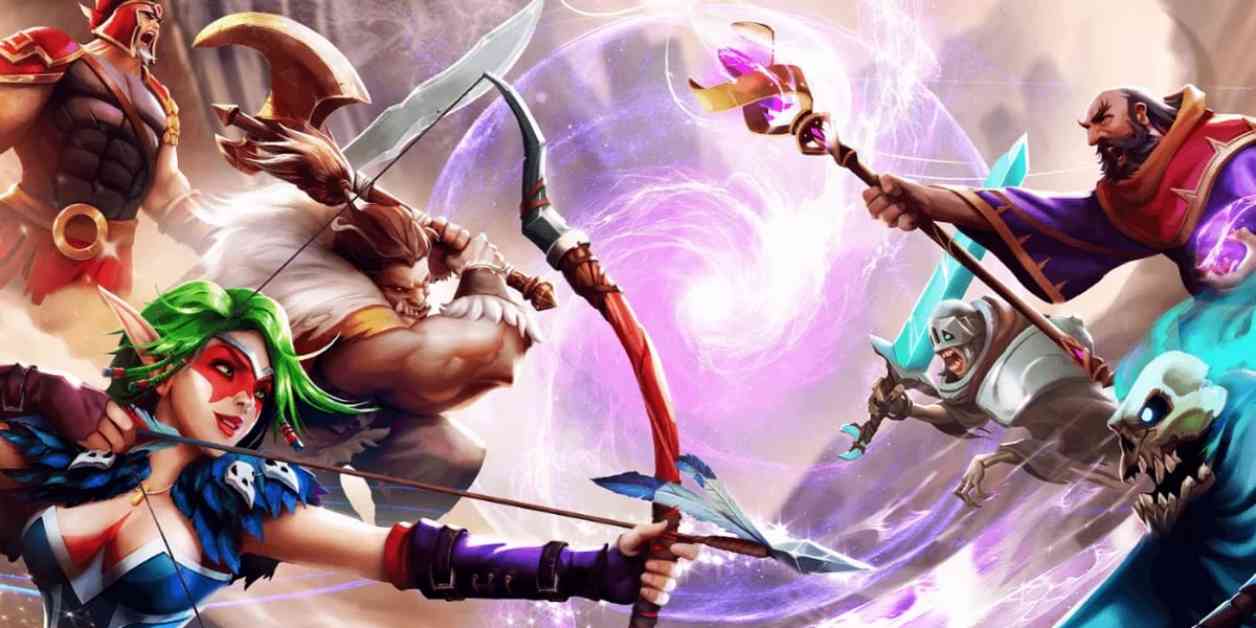Crypto is at a turning point. With the recent surge in prices coming to a halt, the focus is now on products that deliver real value rather than just empty promises. Blockchain gaming, a concept that has been around since the early days of Ethereum, is finally starting to take shape. In the past, many blockchain games were rushed cash grabs aimed at attracting speculators rather than genuine gamers. But now, as a seasoned gamer myself, I am pleased to see that blockchain games are becoming more polished and enjoyable.
Here is a quick overview of some blockchain games that I have recently tried out. Each game is evaluated based on traditional gaming criteria such as gameplay and graphics, as well as unique factors like onboarding experience and tokenomics. Onboarding is crucial for attracting players who may not have experience with crypto, while tokenomics can make or break a game’s long-term success.
One game that caught my attention is Hamster Kombat, a mobile/Telegram game that is gaining popularity. While the gameplay is limited to clicking for points and engaging in social activities to earn rewards, the game’s addictive nature is hard to ignore. However, the focus on token airdrops and self-promotion raises some concerns about the game’s long-term viability.
Pixels, a web browser game, offers a refreshing take on resource-gathering and building games. With its charming 8-bit graphics and potential for NFT integrations, Pixels stands out for its unique approach to blockchain gaming. However, the game’s complex onboarding process highlights the challenges of integrating niche networks into mainstream platforms.
Gods Unchained, available on multiple platforms, is a digital card game that has gained popularity for its engaging gameplay and blockchain use case. While the game draws clear inspiration from Hearthstone, its solid user base and trading metrics indicate a promising future. However, the game’s reliance on third-party platforms like Immutable Passport raises questions about user experience and interoperability.
Guild of Guardians, a dungeon roguelite auto-battler, offers a different gaming experience with its focus on automated gameplay. While the game’s aesthetics and tokenomics leave much to be desired, its seamless onboarding process and lack of overt crypto sales pitches are notable. However, the game’s lack of depth and reliance on automated features may limit its appeal to more traditional gamers.
Rumble Racing Star, a PC and Mac game, falls short in terms of graphics and gameplay. The game’s focus on crypto rewards and NFT prizes overshadows its lackluster design and unreliable controls. This highlights the risk of prioritizing token incentives over game quality in the blockchain gaming space.
Overall, the blockchain gaming industry is evolving rapidly, with a mix of promising innovations and persistent challenges. As developers continue to explore new concepts and technologies, the future of blockchain gaming remains uncertain. However, with a focus on user experience, gameplay quality, and sustainable tokenomics, the industry has the potential to attract a broader audience and establish itself as a legitimate sector within the gaming world.

















